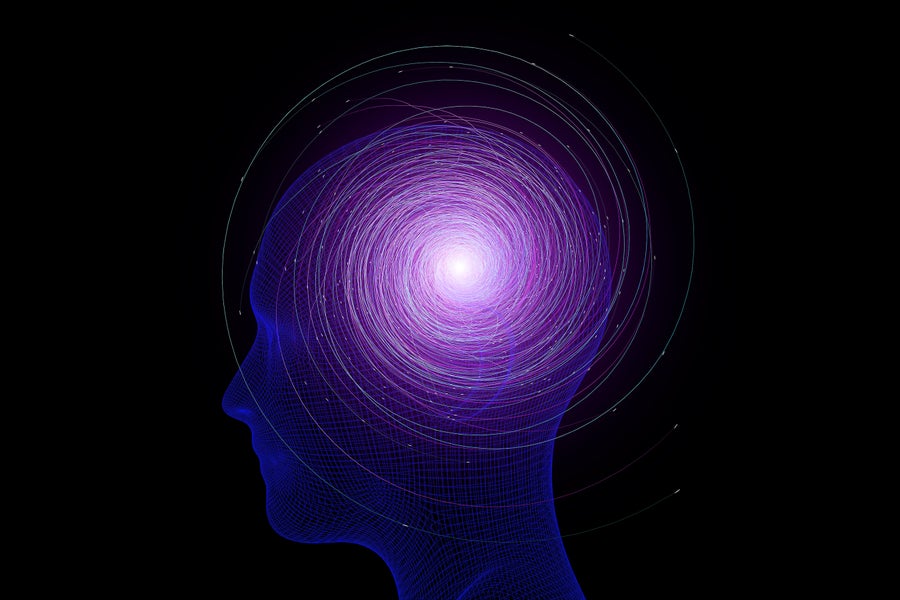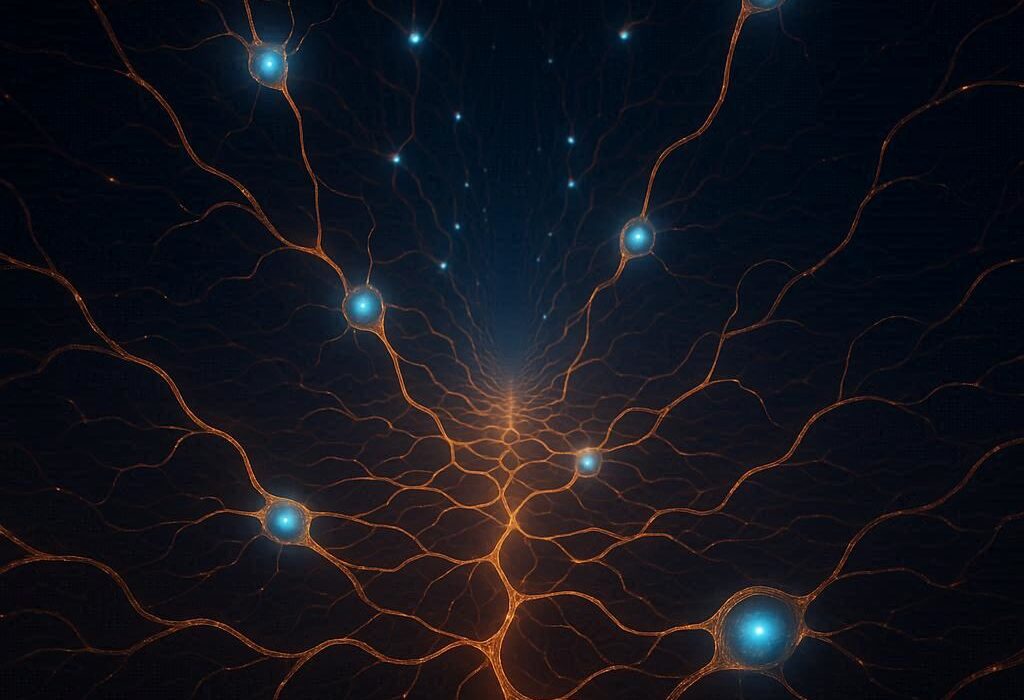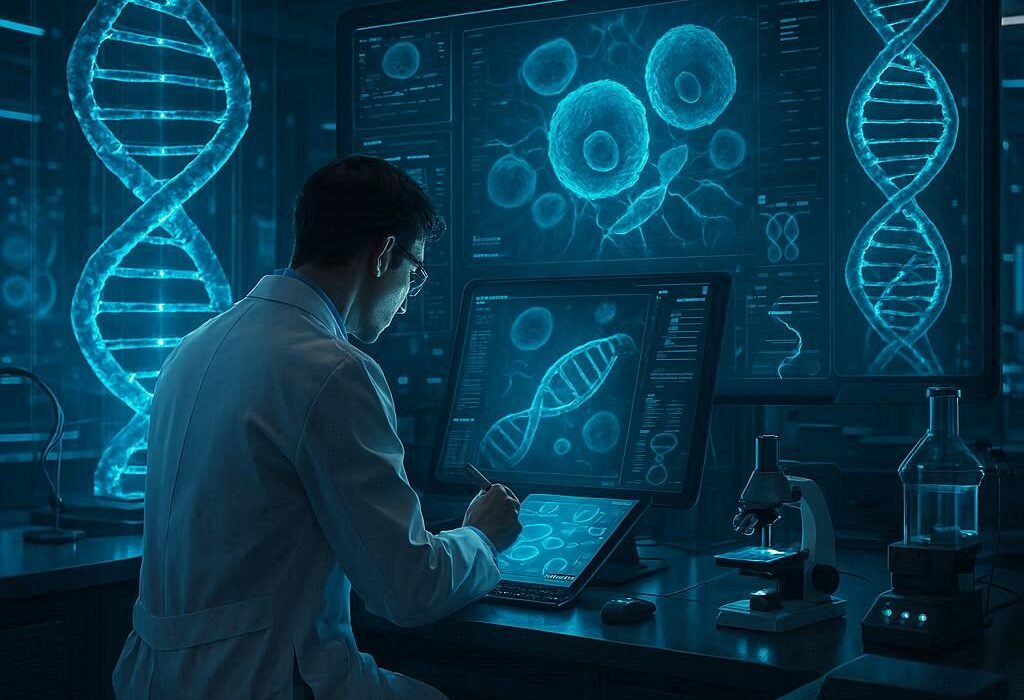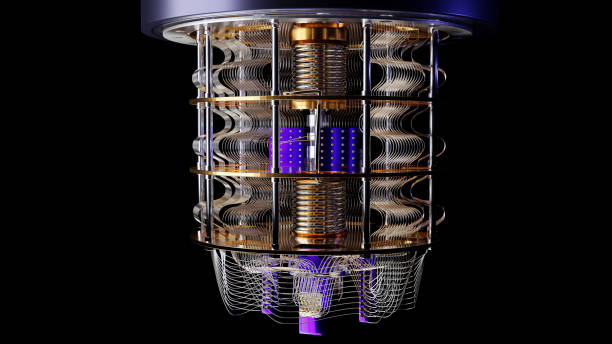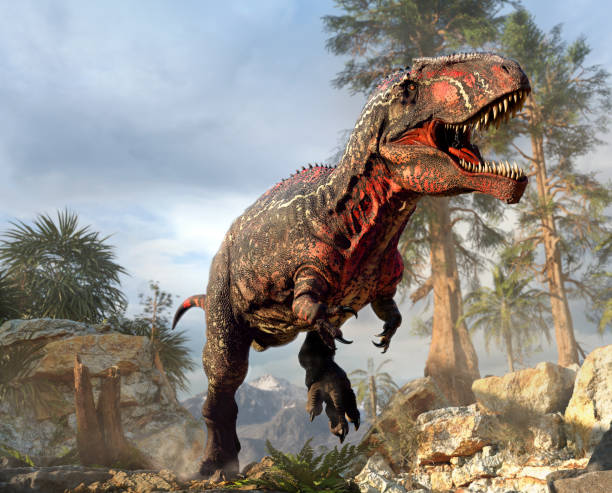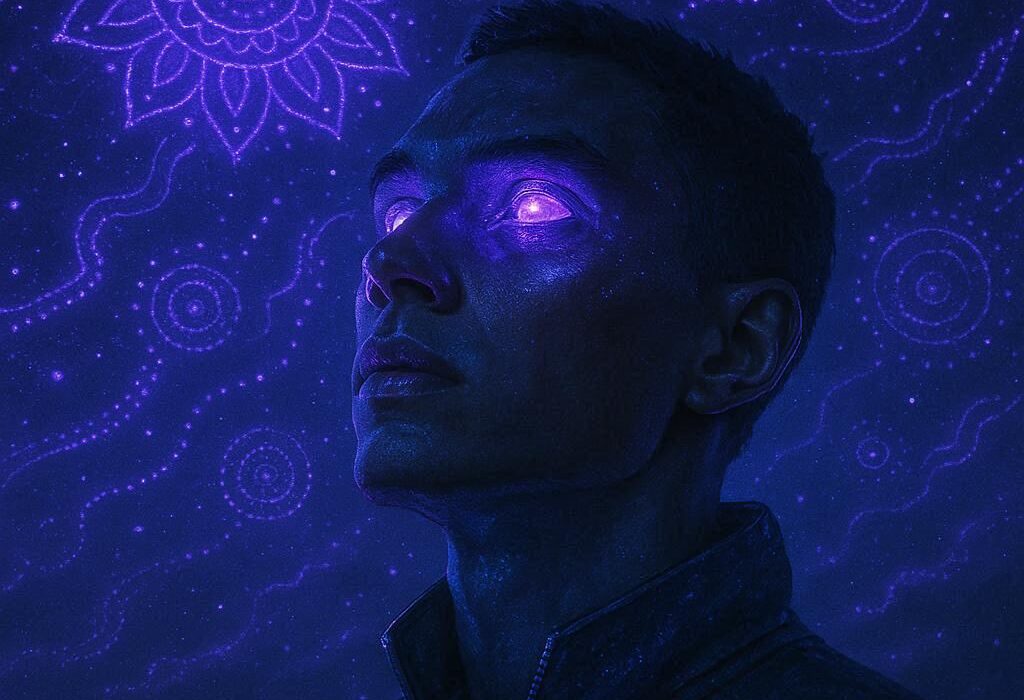From the earliest myths carved into stone tablets to the most advanced laboratories humming with machines, one desire has echoed across human history—the yearning to escape death. Every civilization has crafted stories about immortality: the elixirs of alchemy, the eternal souls of religion, the fountains of youth whispered in legends. Beneath these tales lies a single truth: humanity has always struggled with the finality of mortality.
Today, for the first time in history, immortality has moved from the realm of myth into the realm of scientific speculation. The rapid rise of artificial intelligence, neuroscience, and biotechnology has sparked a radical idea: what if we could merge our human consciousness with AI and achieve a form of digital eternity? Could we upload the essence of who we are—our memories, thoughts, identities—into a machine and live forever in digital form?
This question is not just a technological puzzle; it is an emotional, philosophical, and existential inquiry. To imagine the merging of mind and machine is to step into the unknown, where science and imagination collide.
What Do We Mean by Consciousness?
Before we ask whether consciousness can be merged with AI, we must first confront one of the most mysterious phenomena in the universe: consciousness itself. Consciousness is not simply the firing of neurons in the brain; it is the vivid, first-person experience of being alive. It is the taste of coffee in the morning, the warmth of love, the sting of grief, the awareness that you are you.
Scientists can describe the structure of the brain with extraordinary precision. We know about neurons, synapses, and neurotransmitters. We can map which regions light up during memory, language, or emotion. Yet, the mystery of how physical matter in the brain produces subjective experience remains unsolved. This puzzle is often called the “hard problem of consciousness.”
For merging with AI to be possible, we must either solve this problem or find a way to replicate the structures of consciousness in digital form, even without fully understanding it. But can information alone capture the essence of human experience? Or is consciousness more than data—something inseparable from the biology of the human brain?
The Science of the Brain and the Possibility of Uploading
One vision of digital immortality is “mind uploading,” the idea that every detail of the human brain could be scanned, digitized, and reconstructed in a computer. In theory, this digital brain would not just think like you—it would be you.
The human brain contains roughly 86 billion neurons, each connected to thousands of others, forming trillions of connections. These connections, and the electrical patterns that flow through them, are believed to give rise to memory, personality, and thought. If all of these could be mapped and simulated, a computer could, in theory, replicate your consciousness.
But the scale of this challenge is staggering. Scanning the brain at such resolution would require technology far beyond what exists today. Moreover, the brain is not a static machine—it is constantly changing, with neurons rewiring, proteins shifting, and molecules dancing in ceaseless motion. Capturing consciousness may demand more than just mapping connections; it may require reproducing the dynamic flow of life itself.
Still, advances in neuroscience are moving us closer. Brain-computer interfaces already allow paralyzed individuals to control robotic limbs with their thoughts. Artificial neural networks, inspired by the brain, power much of today’s AI. These are early steps on the path toward deeper integration.
The Rise of Artificial Intelligence as a Mirror of Mind
AI is no longer just a tool; it is becoming a mirror reflecting aspects of human intelligence. Modern AI systems can generate language, create art, recognize emotions, and even simulate reasoning. While AI does not yet possess consciousness, it demonstrates that many functions of the human mind can be replicated computationally.
This raises a profound possibility: if AI can mimic thought, could it one day host thought? Could a digital system, built upon the principles of the brain, become a vessel for human consciousness?
The idea of merging human minds with AI is not simply about copying data—it is about building a hybrid existence, where human experience flows seamlessly into digital structures. Imagine a brain enhanced with AI that augments memory, accelerates thought, and provides access to infinite knowledge. This would not only extend human potential but could also serve as a bridge to eventual digital immortality.
The Emotional Question of Identity
Even if technology allowed us to upload a human mind into a computer, a haunting question remains: would it really be you?
If a machine contained a perfect copy of your memories, your voice, your mannerisms, and even your deepest secrets, others might believe it was you. But what about your own inner sense of self? Would your consciousness transfer, or would it simply die with your biological body, leaving behind only a convincing replica?
This problem cuts to the heart of philosophy. Identity is not just information—it is continuity of experience. To truly live forever, it would not be enough to create a copy; your subjective awareness must survive the transition. But whether consciousness can “move” or only “duplicate” remains an unanswered mystery.
The Dream of Digital Eternity
Despite the uncertainties, the dream of digital immortality is intoxicating. Imagine existing beyond the limits of biology, free from disease, aging, or physical decay. Your mind could live in vast virtual realities, travel across networks at the speed of light, or inhabit robotic bodies in distant galaxies. Death would no longer be an end, but a doorway to new forms of being.
For some, this vision offers hope—the chance to escape the tragedy of mortality. For others, it sparks dread—the fear of losing what makes us human, of dissolving into something alien.
Could digital immortality preserve love, meaning, and joy? Or would it strip away the essence of humanity, leaving behind only echoes of life in a machine?
The Ethical Frontier
If merging with AI becomes possible, society will face immense ethical dilemmas. Who would have access to digital immortality? Would it be reserved for the wealthy, deepening inequality, or could it be shared universally?
There are also questions of autonomy. If your consciousness exists in digital form, who owns it? Could a corporation control your afterlife, updating or deleting you at will? Would governments weaponize digital minds?
Even deeper is the question of value. If we could live forever, would life lose its urgency, its fragility, its preciousness? Mortality gives meaning to each fleeting moment. Without death, would we lose the very poetry of being human?
The Biological Path to Immortality
While mind uploading and AI merging capture the imagination, another path toward immortality may lie in biology itself. Advances in genetics, stem cell research, and biotechnology are already extending human lifespans. Scientists are exploring ways to repair cells, reverse aging, and rejuvenate organs.
Perhaps the future will not require abandoning our biology but enhancing it. AI might play a role not as a replacement for consciousness, but as a tool to preserve and strengthen the human body and brain. Immortality may come not through digital afterlives, but through biology guided by artificial intelligence.
The Cosmic Perspective
The question of merging consciousness with AI is not only personal but cosmic. Humanity is a young species standing on the edge of vast time. Stars are born, galaxies collide, and the universe itself expands toward a distant future.
In this immense cosmic story, our lifespans are but brief sparks. The dream of digital immortality may be humanity’s attempt to align itself with cosmic time, to refuse the silence of death in a universe that continues without us.
If consciousness could merge with AI, perhaps humanity would not just survive—it could evolve into something greater. Minds could spread across the stars, no longer bound to fragile flesh, carrying the torch of awareness into eternity.
The Mystery That Remains
Yet, for all the speculation, one truth remains: we do not fully understand consciousness, nor do we know if it can survive beyond the brain. The dream of merging with AI may prove possible, or it may forever remain just a dream.
But in asking the question, we reveal something profound about ourselves. Our pursuit of immortality is not only about escaping death—it is about celebrating life. It is about refusing to accept limits, about daring to reach for the impossible. It is about the human spirit that has always gazed beyond the horizon and asked, “What if?”
Conclusion: Between Hope and Uncertainty
Could we merge human consciousness with AI to live forever? The answer, for now, is unknown. The science is young, the mysteries deep, the challenges immense. Yet the dream itself is powerful. It drives us to explore the brain, to push AI forward, to wrestle with the meaning of identity, mortality, and existence.
Even if immortality proves unattainable, the journey toward it will transform humanity. It will give us new tools, new knowledge, and new ways of understanding ourselves. It may not grant us eternal life, but it will deepen the life we have.
And perhaps, in the end, that is the true gift of this dream: not to escape death, but to live more fully in the face of it.
Because whether or not we merge with AI, whether or not consciousness can transcend biology, one truth will remain—our hunger to know, to imagine, to transcend, is itself immortal.
